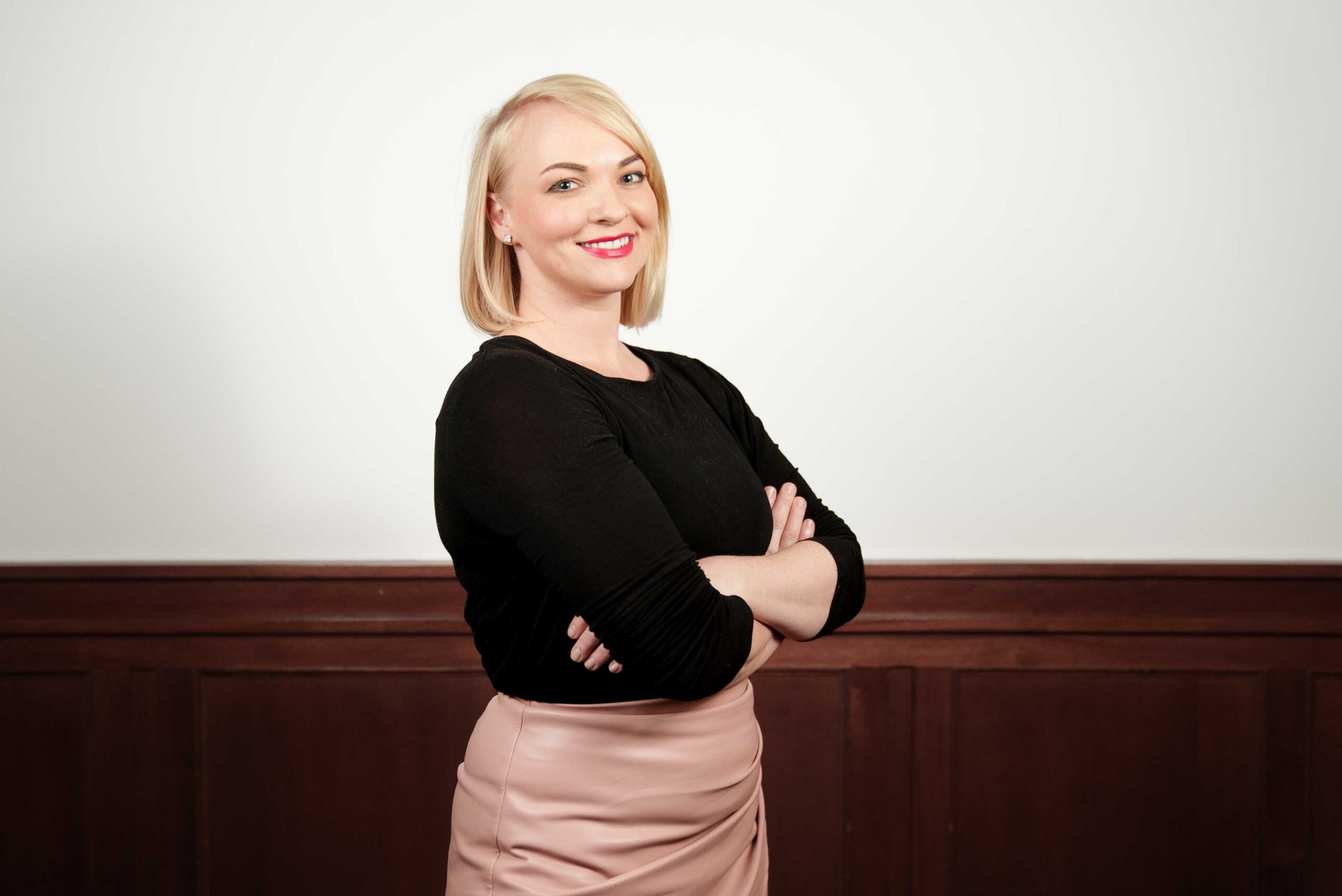
How Online Legal Advice Affects Your Case Outcome
If you are looking for online legal advice, it is important to understand how an online legal advice lawyer can impact the outcome of your legal matter. Getting advice from an online
Senior legal counsel are lawyers. A corporate client employs them, either as their employer or their client. They work within the business itself and with other employees.
Legal counsels are foremost qualified lawyers. Senior legal counsels are different from regular private practice lawyers. This article explains how senior legal counsels bring value and deliver legal services to their clients.
From contract negotiations to compliance with regulations, businesses often require legal advice to navigate these challenges. This is where the role of a senior legal counsel comes into play. This article explains the role of senior legal counsel and how they benefit companies.
A senior legal counsel is a lawyer who works for a company or organisation. They must complete their practical legal training and receive permission to practice law in the area they work. Next, they need to hold a current practising certificate that permits them to practise law.
An in-house legal counsel could be any legally qualified person. Generally, senior legal counsel will have worked in an in-house role for more than five years.
The client of a Legal Counsel is the organisation they work for. They actively involve themselves in the business, comprehending its operations, goals, and challenges. This intimate knowledge allows them to provide tailored legal advice that aligns with the company’s strategic objectives.
Senior legal counsel considers business aspects when giving legal advice, unlike many private practice lawyers. Their client or employer can be one company or a group of related companies. This group may include a parent company and its subsidiaries.
Senior legal counsels should support their employer in delivering commercial outcomes. They also expect to reduce legal risk. Because of this, senior legal counsels understand how important it is to get to know their client’s business.
This is a learned skill. Senior legal counsel must ask questions and take an interest in all aspects of the business.

A legal professional typically deals with a broad range of legal areas, reflecting the diverse legal needs of a business. These can include contract law, employment law, intellectual property law, corporate governance, and compliance with various regulations.
Their role may involve drafting and reviewing agreements, advising on legal risks, handling disputes, and ensuring the company’s operations comply with relevant laws and regulations.
And while not all legal counsels work as part of a legal team within a legal department, all work as part of the broader business team.
When it comes to the role of in-house legal, providing advice is as broad as the employer’s business. The lawyer may need to advise on any issue the company may need, including:
Legal counsel job descriptions often mention “legal advice” without specifying the type of advice required due to its broad nature. But it’s also important for in-house counsel to understand their limits. If the advice is too far outside of their area of expertise, they may need to get external legal advice.
Some legal counsels will be heaving involved in providing legal representation in court proceedings and managing potential litigation. In-house legal professionals often act as intermediaries between external lawyers and the business.
Managing disputes may involve:
The ability to draft legal documents is an essential part of any lawyer’s role. Whether it is email correspondence or complicated agreements, legal counsel work often involves a lot of writing.
Drafting contracts is a skill. And for many in-house lawyers, drafting contracts is a daily task and could include:
Beyond their legal expertise, an in-house lawyer must possess certain soft skills. Arguably the most important soft skill is interpersonal skills. They must build relationships and communicate well as they work closely with different people in a business.
Lawyers need to explain complicated legal ideas in a way that people without legal knowledge can understand. They often need to train staff on legal matters, such as contract basics or compliance requirements.
Moreover, in-house lawyers must be strategic thinkers. They must be able to anticipate potential legal issues and advise on strategies to mitigate these risks. They must be good at handling relationships with different people, such as managers, employees, lawyers, and regulators.
We provide legal advice to business and individuals across Australia, no matter which State or Territory you are located. Our easy-to-access, online legal services mean that you can talk to our lawyers wherever you are, at a time that suits you.
4.5
Google Reviews

Don’t hesitate – reach out for your free legal assistance today. Your peace of mind is just a click or call away!

If you are looking for online legal advice, it is important to understand how an online legal advice lawyer can impact the outcome of your legal matter. Getting advice from an online

A legal counsel is sometimes known as an in-house lawyer. Legal counsel deliver legal advice from within a business. A legal counsel may work as part of an in-house legal team or as a sole lawyer

A social media post may be grounds for dismissal. The content of what is said in the social media post is key to deciding whether it gives an employer the